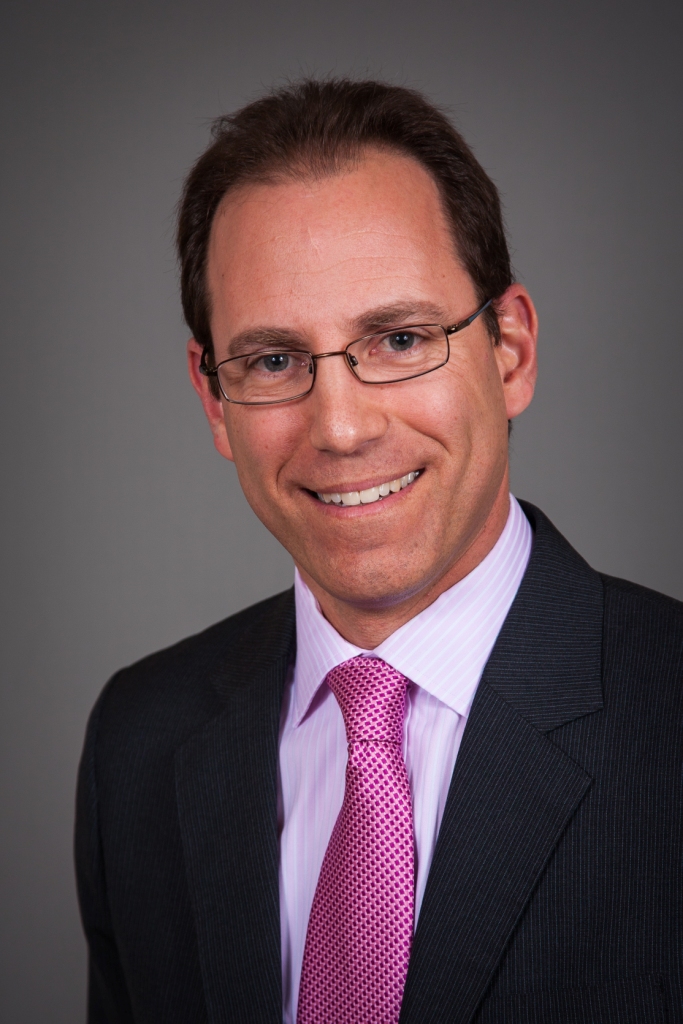Michael Blackman, MD, MBA serves as Medical Director for Allscripts.
On April 11th, Dr. Blackman will speak on a panel at Becker's Hospital Review 9th Annual Meeting. As part of an ongoing series, Becker's is talking to healthcare leaders who plan to speak at the conference, which will take place April 11-14, 2018 in Chicago.
To learn more about the conference and Dr. Blackman's session, click here.

Question: Who or what are the disruptors that have your attention? Why?
Dr. Michael Blackman: Cooperation between large employers looking for innovative ways to deliver healthcare to their employees. As we continue to move toward value-based reimbursement structures, it will be helpful to try multiple models for managing varied populations as we continue to learn what works, what doesn't, and in what situation. The outcomes from these initiatives will effect the future of population health.
Q: Describe one of your best colleagues. What it is that person does/brings that makes them indispensable to your organization?
MB: Team player with a positive attitude. It's generally easy to be positive when things are going well, but what about when things don't go as planned. Disruptions to a plan or other unexpected setbacks are common, and my best colleagues respond well in those situations. They continue to focus on the desired outcome and support the team with whatever is needed to help redirect and reach the goal.
Q: What did you notice about your healthcare experience the last time you were at the receiving end as a patient?
MB: The continued lack of widespread true data exchange between providers. While my personal physicians use EHRs and provide patient portals, they use different systems with different portals. The way one could see information from the other was by my logging into the patient portal and showing that information to the physician.
Q: All healthcare is local. What about your market influences your organization's business or operations most?
MB: While we strive to provide solutions to address common market needs, there will always be local initiatives or problems which fall outside those needs. We need to be able to support those initiatives along with providing tools which provide sufficient customer flexibility.
Q: When was the last time your organization responded to concerns or needs expressed by physicians? What unfolded?
MB: Physician input is vital for good health IT design. We like to engage with our physicians early on to improve adoption, usability and ultimately patient safety. The more time clinicians save by not having to deal with counter-intuitive solutions, the more time they have to spend with patients and the less likely they are to suffer burnout and decreased job performance. National survey data shows 45 percent to 55 percent of all providers are affected by provider burnout, and EHRs hold much of the blame. A great example is UH and Allscripts working together to combat burnout and improve provider wellness by making its EMR user-friendly, seamless and interoperable with other systems. With UH's help, we've taken steps to address and overcome stability issues, increased ways to streamline workflow and created a bridge between systems to provide a more unified view and better access to information across the UH system.
Q: As a leader, what is the best investment you made in your own professional development in the past five years?
MB: Being willing to step out of my comfort zone by continuing to take on new challenges and learn more aspects of the business.
Q: How do you see the barrier between competitors and collaborators changing?
MB: Healthcare will never be a one-vendor industry. We must focus on making life better for clinicians, not more difficult. Allscripts has been working for a long time toward true interoperability for all in a multivendor healthcare environment. We recognize interoperability is more than just connecting data; it's about making that data useful to the clinician at the point of care so he or she can take better care of patients within a unified workflow. It's about enabling people to share data across the continuum, no matter where they are or which vendor or networks they use. All healthcare IT vendors must deliver tools that put this data to work and make it useful by combining disparate streams of information into a single, actionable patient record.


